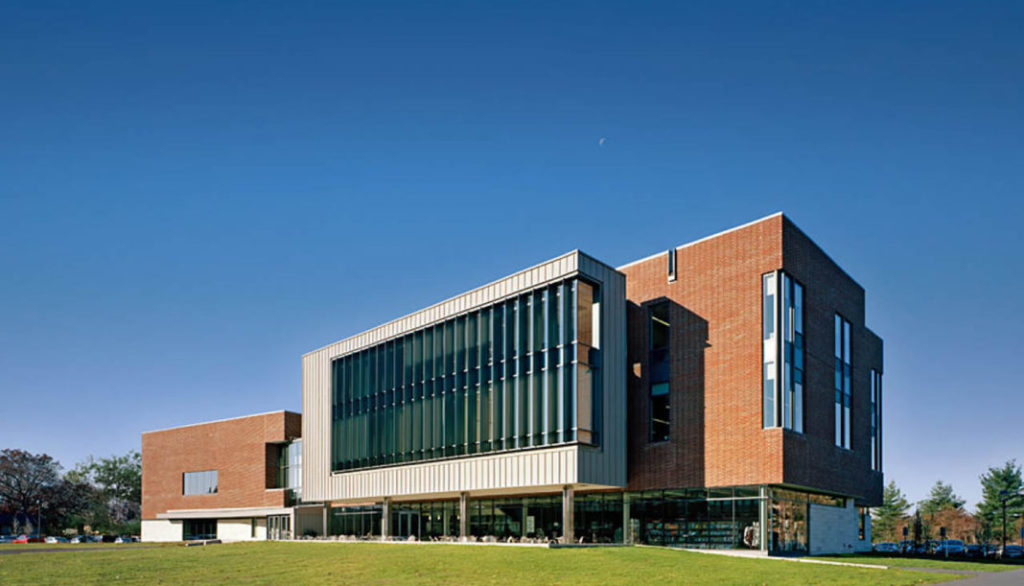
According to a January 2014 report released by the National Center for Education Statistics (NCES), students graduating from Catholic high schools were nearly twice as likely as their public school counterparts to receive their college degree. In turn, degree recipients were ultimately more successful in securing a job and realizing higher earnings.
A National Center for Education Statistics Study
The study, reported in the February issue of the CAPE Outlook newsletter from the Council for American Public Education, identified 10th-grade students from public, private and Catholic high schools in 2002 to participate in the study. Ten years later, in 2012, the study revisited those same students. By 2012 the students were in their mid-20s. The percentage of degree-recipients varied significantly by the type of high school attended, with 31.1 percent of public school sophomores reaching a bachelor’s degree or higher, compared to 61.9 percent of sophomores from Catholic high schools and 57.1 percent of those from other private high schools.
The College Degree Is Just the Start of the Advantages
The survey went on to document subsequent advantages of higher salaries and lower unemployment. Students who didn’t seek or attain a degree in the 10 years of the survey faced an unemployment rate of 17 percent in 2012, with an additional 10 percent saying they were out of the labor force entirely (i.e., not looking for work). By contrast, only 4 percent of students who were able to attain a bachelor’s degree said they were unemployed. The students who completed their degree programs also had higher incomes. One-third of the students with degrees reported salaries of $40,000 or more in 2011, compared with 21 percent of those who earned an Associate’s degree, and only 14 percent of the students who had not earned a degree.
The Catholic School Difference
Although not part of the survey, the dramatically different results are cause for some speculation about “why.” Why would almost twice as many students from Catholic schools achieve their degree? While national Catholic school academic results regularly exceed their public counterparts by enough to claim some academic advantages…Catholic schools don’t have twice-as-much information to impart to their students. That pretty much leaves character development, study habits and self-confidence, all intended by-products of a Catholic education, as the likely causes. In Catholic school, from elementary school forward, the goal is to educate the whole child, in mind, in body and in spirit. If the results of this study are any gauge. It’s working.
Gary E. Layton is the director of marketing and enrollment for the Diocese of Rockville Centre




























